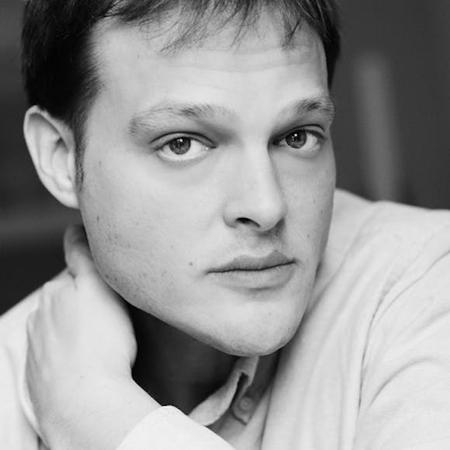Author Biography | Interview | Books by this Author | Read-Alikes

Garth Greenwell is the author of What Belongs to You, which won the British Book Award for Debut of the Year, was longlisted for the National Book Award, and was a finalist for six other awards, including the PEN/Faulkner Award and the Los Angeles Times Book Prize. A New York Times Book Review Editors' Choice, it was named a Best Book of 2016 by over fifty publications in nine countries, and is being translated into a dozen languages. His fiction has appeared in The New Yorker, The Paris Review, A Public Space, and VICE, and he has written criticism for The New Yorker, the London Review of Books, and the New York Times Book Review, among others. He lives in Iowa City.
Garth Greenwell's website
This bio was last updated on 08/20/2024. In a perfect world, we would like to keep all of BookBrowse's biographies up to date, but with many thousands of lives to keep track of it's simply impossible to do. So, if the date of this bio is not recent, you may wish to do an internet search for a more current source, such as the author's website or social media presence. If you are the author or publisher and would like us to update this biography, send the complete text and we will replace the old with the new.
Meghan O'Rourke Small Rain stages a writer's confrontation with mortality and unimaginable pain—a medical crisis which brings him into the grips of a bureaucratic medical system. Why did you think this was the material for a novel?
Garth Greenwell The book is not autobiography, but I underwent a medical crisis in 2020 similar to the narrator's and emerged from it utterly bewildered—about what my body had undergone, about what the experience meant for my understanding of my life. That state of bewilderment is what compels writing for me, or at least novel writing. I think we need art because there are situations we can't think about with our other tools for thinking. I couldn't reason my way to an understanding of what had happened to me; I needed to dwell in it. And to do that I needed the tools of fiction: character and scene, and also the peculiar pressure of the aesthetic.
By "aesthetic," I just mean work whose meaning resides not just in its content, in what it says, but in its medium. In aesthetic writing, the nondenotative aspects of language—syntax, image, repetition, rhythm, the deep histories of words—become dense with meaning and emotion; they exert a pressure on connotative meaning; they allow ...
It is among the commonplaces of education that we often first cut off the living root and then try to replace its ...
Click Here to find out who said this, as well as discovering other famous literary quotes!
Your guide toexceptional books
BookBrowse seeks out and recommends the best in contemporary fiction and nonfiction—books that not only engage and entertain but also deepen our understanding of ourselves and the world around us.